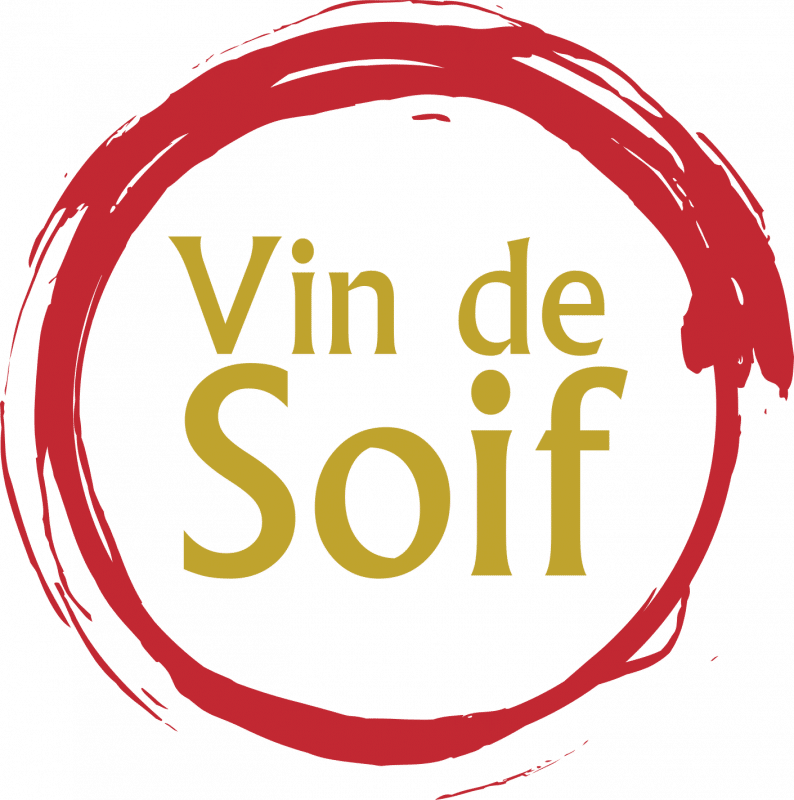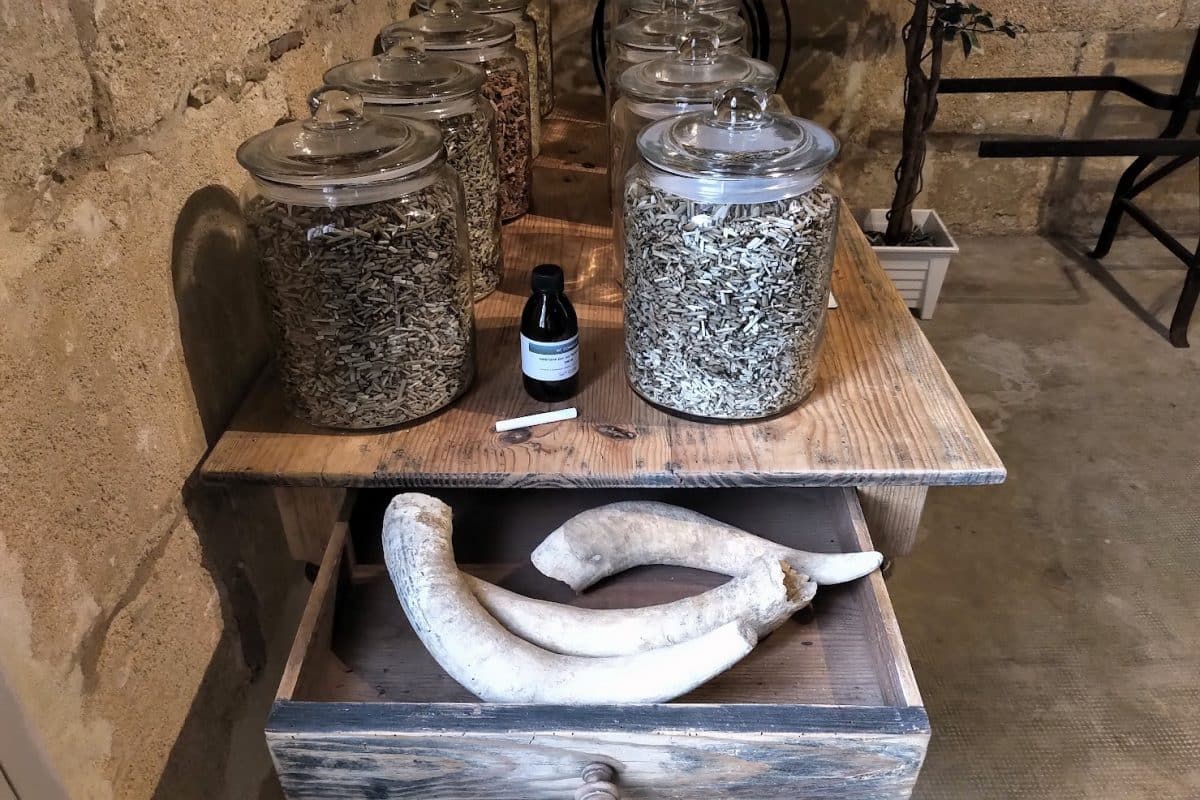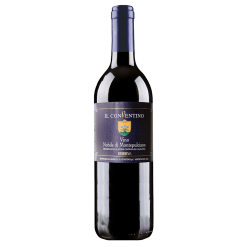Viticulture & Winemaking
Biodynamics in Viticulture and Winemaking
Biodynamics is a holistic approach to agriculture that combines traditional farming practices with spiritual and philosophical principles. Developed by Austrian philosopher Rudolf Steiner in the early 20th century, biodynamics has gained a following in the wine industry as a way to promote sustainability and produce high-quality wines. In this article, we will explore the history of biodynamics, its application in viticulture and winemaking, and some of the criticisms that have been leveled at the practice.
History of Biodynamics
Biodynamics was developed by Rudolf Steiner in the 1920s as a response to the increasing mechanization and industrialization of agriculture. Steiner believed that the relationship between the farmer, the land, and the cosmos was essential to the health and vitality of the farm ecosystem. He proposed a series of practices and preparations that were designed to restore balance and harmony to the farm, including the use of biodynamically-prepared compost and planting and harvesting according to the phases of the moon.
Biodynamics combines traditional farming practices with spiritual and philosophical principles, and it is often described as a “beyond organic” approach to agriculture. While it shares some similarities with organic agriculture, biodynamics goes beyond the use of natural materials and methods to include a holistic view of the farm as a self-sustaining ecosystem. Biodynamics also involves the use of special preparations made from a variety of materials, including herbs, minerals, and animal parts, which are believed to enhance the quality and vitality of the soil and plants.
Several organizations certify biodynamic farms, including Demeter and Biodyvin, which exclusively certifies Biodynamic wineries.
Applications in Viticulture
Biodynamics has gained a significant following in the wine industry, with many vineyards adopting biodynamic practices to improve the sustainability and quality of their grapes. Some of the ways that biodynamics is used in viticulture include:
- Using biodynamically-prepared compost to improve soil health. This compost is made from a mixture of plant and animal materials that have been treated with special preparations and is believed to enhance the microbial activity in the soil, improving its structure and fertility. Horses may be employed in the vineyard instead of tractors to avoid soil compaction.
- Planting and harvesting according to the phases of the moon, believing that this can influence the health and vitality of the plants.
- Implementing holistic practices such as crop rotation and integrated pest management to minimize the use of synthetic chemicals and promote the health of the ecosystem.
Biodynamic viticulture has the potential to improve soil health and promote biodiversity, as well as produce high-quality grapes with a distinct character. Many winemakers believe that biodynamically-grown grapes produce wines with a more authentic, terroir-driven character and a greater sense of place.
Practices in the Winery
In biodynamic winemaking, grapes are usually fermented using native yeasts and minimal fining or filtration. During fermentation and aging some biodynamic preparations may be used, which are believed to enhance the quality and character of the wine and promote a harmonious balance between the wine and the environment.
Additionally, winemakers often use the cycles of the moon to guide their decision-making during the winemaking process, with the belief that this can improve the quality and character of the wine. For example, during the new moon phase, when the moon is not visible in the sky, biodynamic winemakers may choose to perform activities such as racking and blending. The new moon is believed to be a time of rest and inward reflection, and these activities are thought to enhance the stability and clarity of the wine. Conversely, during the full moon phase, when the moon is at its largest and brightest, winemakers will typically taste and blend. The full moon is believed to be a time of fullness and completion, and this period is thought to enhance the quality and character of the wine.
Criticisms of Biodynamics
While biodynamics has gained a significant following in the wine industry, it has also faced criticism from some quarters. Some of the main criticisms of biodynamics include:
- Lack of scientific evidence: One of the main criticisms of biodynamics is the lack of scientific evidence to support its effectiveness. Some critics argue that the principles of biodynamics are not based on scientific fact and that the use of special preparations is nothing more than superstition.
- Potential for harmful substances: There have also been concerns raised about the potential for biodynamically-prepared preparations to contain harmful substances. Some preparations are made from materials such as cow horns and animal blood, which some critics argue could pose a risk to human health.
- High cost: Finally, biodynamics can be a costly approach to agriculture, with the special preparations and the labor-intensive practices required to implement biodynamic principles. This can be a barrier for some farmers and winemakers, particularly those in developing countries where resources are more limited.
Despite these criticisms, supporters of biodynamics argue that the holistic approach of biodynamics and the use of special preparations are essential to the effectiveness of the practice. They point to the improved soil health and biodiversity that biodynamics can promote, as well as the high-quality wines that it can produce. Some of the top wines in the world are produced biodynamically, including those of Domaine Romanee Conti, Comte Lafon, and Dujac in Burgundy, Chateau Lafite, Latour, d’Yquem and Haut Brion in Bordeaux. The list goes on an on.
Conclusion
Biodynamics is a complex and multifaceted approach to agriculture that has gained a significant following in the wine industry. While it has faced criticism from some quarters, many winemakers and connoisseurs believe that biodynamics can promote sustainability and produce high-quality wines with a distinct character. Vin de Soif carries wines from several biodynamic producers, including the following:


